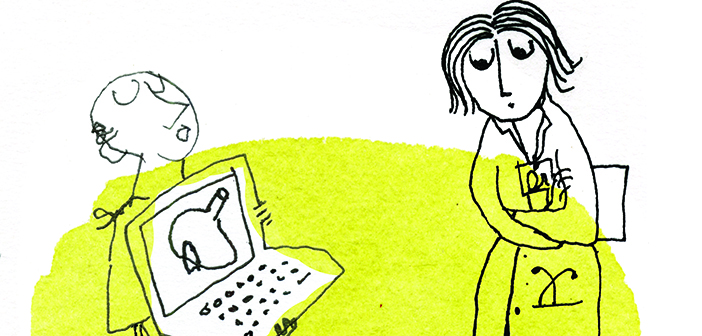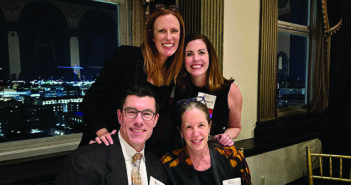A Supreme Court decision has troubling implications for physicians.
We have all taken care of that patient at some point. The one who makes an appointment to see you for a medical problem they have extensively researched online (using questionable sources) and presents a remedy they would like you to sign off on, which doesn’t quite resonate with your treatment approach. You remind yourself to take a deep breath and continue to ask open-ended questions while parsing through the origins of their medical misinformation.
Whenever these situations arise, especially as a resident, I find myself experiencing a range of emotions: a surge
of frustration, a peppering of self-doubt, and an enormous summoning of strength to remind myself it is in the best interest of the patient to calmly present the facts until a consensus (or lack thereof) is reached.
The reality is, physicians and other health care professionals have decades of experience dispelling “fake news.” Misinformation in medicine takes many different forms, from outright false information promulgated by individuals or organizations with an agenda to subtly skewed research methods and results funded by industry. Infamous cases include tobacco companies that underwrote studies to downplay the health hazards of cigarettes or, more recently, Dr. Andrew Wakefield’s debunked Lancet study on the link between the MMR vaccine and autism. The latter is a troubling reminder that the perpetrator can sometimes be one of us.
As a physician, I understand that a significant part of my role is to use my years of training to guide patients toward medically accurate, informed decision making in matters related to their health. We all agree there are “good” and “bad” sources of medical information and a developed society favors authenticity. But do we?
In June, the Supreme Court made a momentous ruling in a case that was dubbed as pitting the “right to know” against the “right to free speech.” Briefly, the court cited the First Amendment and ruled in favor of crisis pregnancy centers (CPCs) in California, overturning a state law that required unlicensed centers to disclose that they were not licensed medical facilities and had no licensed medical providers supervising the provision of services. Many CPCs routinely provide pregnancy tests and ultrasounds with interpretation of results, according to the case’s plaintiff, the National Institute of Family and Life Advocates. NIFLA also argued that they should not have to inform clients about the availability of low-cost access to state family planning services, including contraception and abortion, as required by the law.
I recognize that this case is particularly contentious due to personal views on reproductive autonomy. Yet the ruling made me reflect on its repercussions on medicine, a field whose cornerstone is disseminating evidence-based information presented by an authorized expert to a trusting person seeking their services. If a provider does not need to specify whether they are licensed or not, does that make my training and license to practice medicine irrelevant to society?
I have thought long and hard about the court’s decision and struggle with reconciling an individual’s right to free
speech with the potential of providing misinformation. History has shown us that harm is done when science is adapted by those with an agenda. In the age of Dr. Google, I still believe the single most important thing we can offer as physicians, even when faced with confrontation, is respecting our patients’ right to know.




